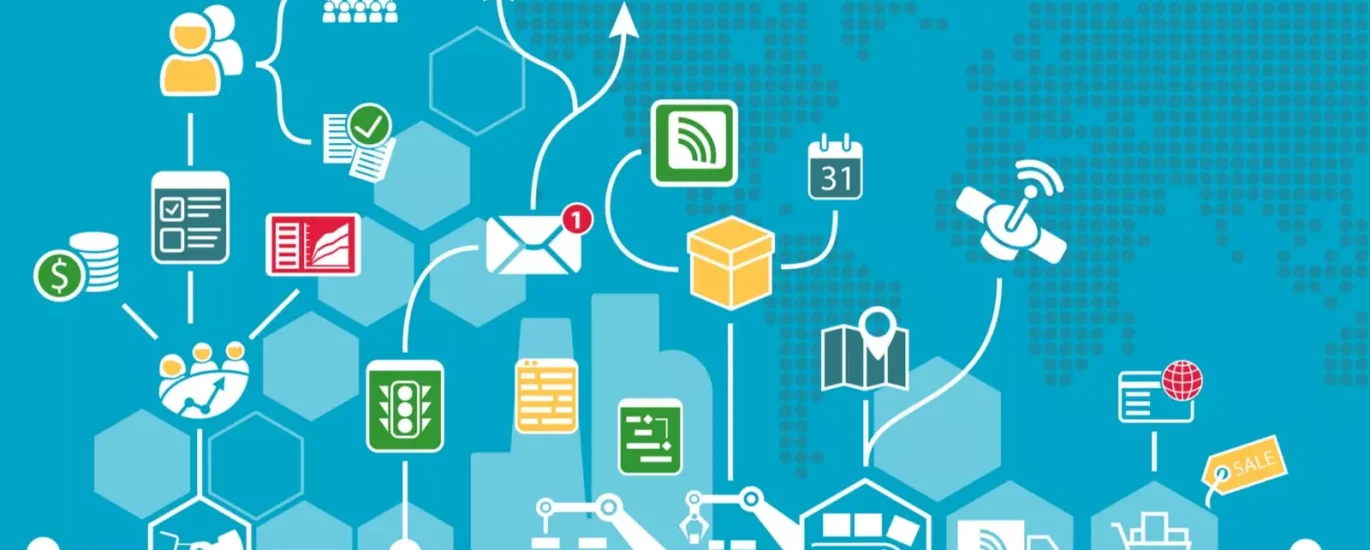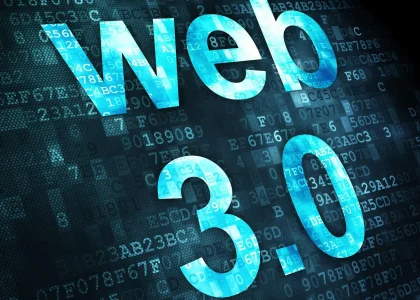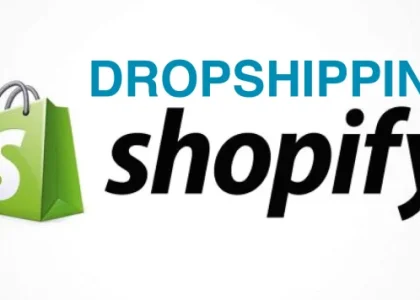As we move into 2025, businesses are increasingly turning to marketing automation as a powerful tool to streamline their marketing efforts, boost return on investment (ROI), and save valuable time. The growing complexity of customer journeys, the rise of AI-powered tools, and the need for personalized marketing have made automation an essential part of modern business strategy. Whether you’re running a small startup or a large enterprise, adopting the right marketing automation strategies can help you stay competitive and drive meaningful results.
In this blog post, we will explore how marketing automation can help boost ROI, save time, and scale your business effectively in 2025. We’ll cover key benefits, automation tools, and strategies that can take your business to the next level. Additionally, we’ll highlight how partnering with experts from top agencies like Robust Connections can further optimize your automation efforts for maximum impact.
What is Marketing Automation?
Marketing automation refers to the use of software tools and platforms to automate repetitive marketing tasks. These tasks can include email marketing, social media management, lead generation, customer segmentation, and data analytics. The primary goal of marketing automation is to improve efficiency, deliver personalized experiences at scale, and increase ROI by automating time-consuming processes.
In 2025, marketing automation has become more sophisticated, with AI-driven solutions, advanced analytics, and machine learning capabilities that enable marketers to create highly personalized and data-driven campaigns.
Why Marketing Automation is Essential for Businesses in 2025
1. Personalized Marketing at Scale
In 2025, customers expect personalized experiences tailored to their needs and preferences. With the vast amount of data available, delivering a personalized experience without automation can be overwhelming. Marketing automation platforms enable businesses to send the right message to the right person at the right time, all while scaling efforts to a large audience.
Automation tools can segment customers based on behavior, demographics, or past interactions with your brand. This allows you to create targeted campaigns that resonate with different customer groups, improving engagement and conversion rates.
2. Efficiency and Time-Saving
Marketing automation saves businesses significant time by automating repetitive tasks. Instead of manually sending emails, posting on social media, or tracking analytics, automated workflows can handle these tasks for you. This frees up your time to focus on strategy, content creation, and other high-level activities.
In 2025, businesses are focusing more on maximizing efficiency, and automation helps them achieve this by minimizing manual work and ensuring that marketing efforts run smoothly.
3. Improved Lead Nurturing and Conversion Rates
Marketing automation is especially effective for lead nurturing. By creating automated workflows based on customer behavior and engagement, businesses can nurture leads through the sales funnel and increase the likelihood of conversion. Whether it’s sending automated emails, retargeting ads, or offering personalized recommendations, marketing automation allows businesses to stay connected with potential customers at every stage of their journey.
Automated lead scoring and segmentation ensure that the right leads receive the right messages, optimizing conversion rates and boosting ROI.
4. Data-Driven Decision Making
Marketing automation platforms collect valuable data about customer interactions, preferences, and behaviors. This data can be used to track the performance of campaigns, understand customer needs, and adjust strategies accordingly. In 2025, data-driven decision-making is more important than ever, and marketing automation tools offer powerful analytics and reporting features to help businesses make informed decisions.
With the right tools, you can track customer lifetime value, measure the success of your campaigns, and optimize your marketing efforts based on real-time insights.
5. Cost Savings and Increased ROI
One of the biggest advantages of marketing automation is its ability to deliver a higher ROI while reducing costs. By automating routine tasks, you can reduce the need for additional staff or manual labor, and also lower the chances of human error. Additionally, with more efficient lead nurturing and targeted campaigns, businesses can convert more leads into customers, leading to increased sales and profitability.
In 2025, the ability to drive ROI without significantly increasing costs will be a key factor in staying competitive, and marketing automation can help businesses achieve this balance.
Key Marketing Automation Tools for 2025
To take full advantage of marketing automation, businesses need the right tools. Here are some of the top marketing automation platforms in 2025 that can help you streamline your processes, save time, and boost ROI:
1. HubSpot
HubSpot is one of the leading marketing automation platforms and is widely used by businesses of all sizes. It offers a comprehensive suite of tools for inbound marketing, including email marketing, social media management, lead generation, and analytics. HubSpot’s automation workflows allow you to automate repetitive tasks and personalize your marketing efforts based on customer behavior.
Key Features:
- Email and social media automation
- Advanced lead nurturing workflows
- CRM integration for better customer segmentation
- Analytics and reporting tools for tracking ROI
2. Mailchimp
Mailchimp is a popular email marketing automation tool that has evolved into an all-in-one marketing platform. It offers user-friendly automation features for creating personalized email campaigns, tracking performance, and segmenting audiences. Mailchimp also integrates with various eCommerce and CRM platforms, making it an ideal choice for small businesses looking to automate their marketing efforts.
Key Features:
- Email campaign automation
- Audience segmentation and targeting
- Behavioral triggers for personalized campaigns
- Comprehensive analytics dashboard
3. ActiveCampaign
ActiveCampaign is another top-tier marketing automation platform known for its powerful email marketing and CRM features. With automation workflows, you can personalize customer experiences, automate follow-ups, and track interactions to improve engagement. ActiveCampaign also offers detailed reporting and segmentation features to help you optimize your campaigns and increase ROI.
Key Features:
- Email and SMS automation
- Advanced customer segmentation
- CRM and sales automation
- A/B testing for campaign optimization
4. Marketo
Marketo, now part of Adobe, is a robust marketing automation tool used by larger enterprises to manage campaigns and track customer interactions across multiple channels. Marketo is ideal for businesses with complex marketing needs and offers advanced capabilities in lead management, personalized content delivery, and analytics.
Key Features:
- Multi-channel campaign management
- Lead nurturing and scoring
- Integration with other Adobe tools and CRMs
- Customizable reporting and analytics
5. Zapier
Zapier is a tool that allows businesses to connect different apps and automate workflows between them. While not a traditional marketing automation platform, Zapier can be used to integrate your marketing tools and create custom workflows that automate repetitive tasks, saving time and improving efficiency.
Key Features:
- Connects over 2,000 apps
- Customizable workflows (called “Zaps”)
- Integration with email, social media, and CRM platforms
- Easy setup without coding knowledge
Best Practices for Marketing Automation in 2025
Now that you understand the benefits and tools of marketing automation, here are some best practices to help you get the most out of your automation strategy in 2025:
1. Segment Your Audience Effectively
Segmentation is key to delivering personalized experiences. Use customer data to segment your audience based on demographics, behavior, purchase history, or engagement level. The more granular your segments, the more relevant and targeted your campaigns will be.
2. Create Personalized Content
Automation allows you to send the right content to the right person at the right time. Use the data you’ve gathered from your customers to create personalized content that resonates with each segment. Personalized emails, product recommendations, and tailored offers are proven to increase engagement and conversion rates.
3. Test and Optimize Your Campaigns
Marketing automation gives you the ability to test different campaigns and workflows. Regularly test subject lines, email copy, timing, and call-to-action buttons to see what works best for your audience. Use A/B testing to optimize your automated campaigns and improve results over time.
4. Track Metrics and Measure Success
Marketing automation tools provide valuable data on campaign performance. Monitor key metrics like open rates, click-through rates, conversion rates, and ROI to assess how your campaigns are performing. Use these insights to continuously improve your strategy and achieve better results.
5. Integrate with Other Tools
To get the most out of your marketing automation efforts, integrate your automation platform with other tools like CRM systems, eCommerce platforms, and analytics software. This integration allows you to create a seamless workflow, making it easier to track customer interactions and deliver personalized experiences.
How Robust Connections Can Help You Optimize Marketing Automation
While marketing automation is a powerful tool, it can be challenging to implement and optimize without the right expertise. That’s where partnering with a digital marketing agency like Robust Connections can make a significant difference.
Robust Connections specializes in marketing automation strategies that help businesses streamline their processes, improve customer engagement, and boost ROI. Their team of experts can guide you through choosing the right tools, setting up automation workflows, and analyzing campaign performance to ensure your marketing efforts are working as efficiently as possible.
Conclusion
In 2025, marketing automation is no longer just an option—it’s a necessity for businesses looking to boost ROI and save time. By automating repetitive tasks, personalizing customer interactions, and leveraging powerful data-driven insights, you can achieve greater efficiency, improved conversion rates, and higher customer satisfaction.
With the right tools, strategies, and expertise, you can maximize the potential of marketing automation to take your business to new heights. Consider partnering with experts like Robust Connections to ensure your automation efforts are optimized and aligned with your long-term business goals.





